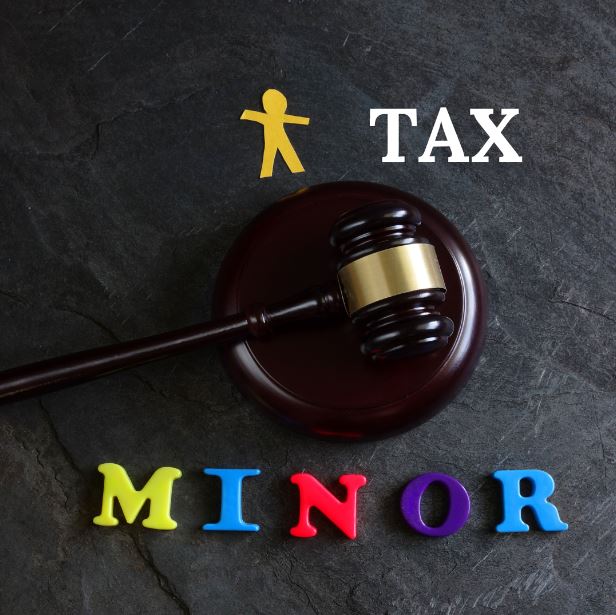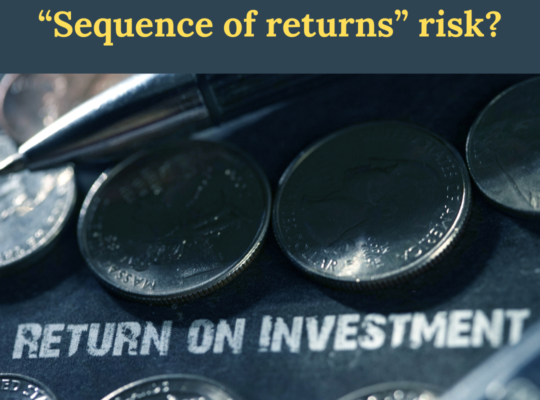
It is usual for parents to invest in their minor kid’s name, whether it is through a fixed deposit (FD), stocks, an insurance policy, or the Sukanya Samriddhi Scheme for a female child, etc. But what if any of these assets generate income, such as interest on a fixed-term deposit? So, let’s quickly look at the tax consequences for children’s income.
A minor is defined as anybody under the age of 18. Minors can make money by saving in a bank account, making fixed deposits, or making other investments in their parents’ names. Any money received by a minor is regarded as income for the parent. This is referred to as ‘Clubbing of income’ under the income tax regulations. Consequently, the tax on such income will be paid in the same manner as the tax on the income of the parents.
Consider the situation of Adhvaith, who is presently 10 years old. His grandpa gives him a Rs. 5 lakh fixed deposit, and Adhvaith now earns Rs. 30,000 in yearly interest on it. Adhvaith’s father earns Rs. 10 lakh and his mother earns Rs. 7 lakh from their jobs respectively. If both the mother and father make money, the child’s earnings will be combined with those of the parent with the higher income. Thus, Adhvaith’s interest income of Rs. 30,000 would be added to his father’s income.
If the parents are divorced, the minor’s income is combined with that of the parent who has the guardianship of the kid. It should be noted that the parent is entitled to a tax exemption of Rs. 1,500 for each minor kid whose income is combined with theirs.
Taxation differs for a child who earns money through performing, commercials, and other means. There are a few circumstances in which minors’ income is taxed separately rather than combined with other income. If the minor is making money through her abilities, i.e., knowledge or talent, her parent or guardian must submit a separate income tax return as the child’s representative assessee. Thus, child artists’ parents will need to submit a separate income tax return.
A similar scenario will apply to children who win TV events such as singing competitions, dance performances, and so on. If the minor’s income comes from doing manual work, it will only be recorded on the minor’s return and will be taxable in his own earnings.
Assume that a minor has a physical impairment. The Income Tax Act provides particular provisions for taxing the income of a handicapped child under Section 80U of the Income Tax Act 1961. The child’s income will not be combined with the parent’s income. In such circumstances, the child must have at least a 40% handicap caused by disorders such as locomotor impairment, loss of hearing, impaired eyesight, mental disorders, blindness, and so on. The income will be recorded separately on the child’s return only. One must obtain a certificate for the handicap, and if the impairment is greater than 40%, the income will be taxed solely in the child’s hands, and if it is less than the basic exemption level, there will be no tax. In case the impairment is not greater than 40%, the child’s income will be combined alongside the parent’s income for tax purposes.
In an unfortunate event, if both the parents of a child are deceased, the child must file a separate income tax return. It is not included along with the guardian’s income. The guardian must register as a ‘representative assesse’ by entering into the income tax website and providing the required documentation to confirm their credentials. Once the request is accepted and the guardian is enrolled, they can then submit the minor’s income tax returns.





